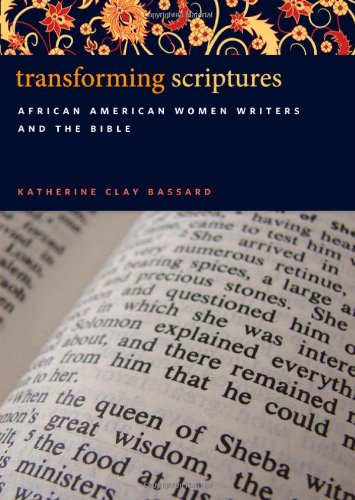

Most ebook files are in PDF format, so you can easily read them using various software such as Foxit Reader or directly on the Google Chrome browser.
Some ebook files are released by publishers in other formats such as .awz, .mobi, .epub, .fb2, etc. You may need to install specific software to read these formats on mobile/PC, such as Calibre.
Please read the tutorial at this link: https://ebookbell.com/faq
We offer FREE conversion to the popular formats you request; however, this may take some time. Therefore, right after payment, please email us, and we will try to provide the service as quickly as possible.
For some exceptional file formats or broken links (if any), please refrain from opening any disputes. Instead, email us first, and we will try to assist within a maximum of 6 hours.
EbookBell Team

0.0
0 reviewsTwo important biblical figures emerge as key tropes around which women fashioned a counternarrative to the dominant culture’s “curse” on black female identity: the “talking mule” from Numbers 22 and the “black but comely” Shulamite of Song of Songs, the Queen of Sheba. Transforming Scriptures analyzes these tropes within a range of contexts, from biblical justifications of slavery and the second-class status of women to hermeneutical and post-structural critiques of the Bible. African American women’s appropriations of scripture occur within a continuum of African American Bible-reading practices and religious or ideological commitments, argues Bassard. There is thus no single “black women’s hermeneutic”; rather, theories of African American women and the Bible must account for historical and social change and difference.